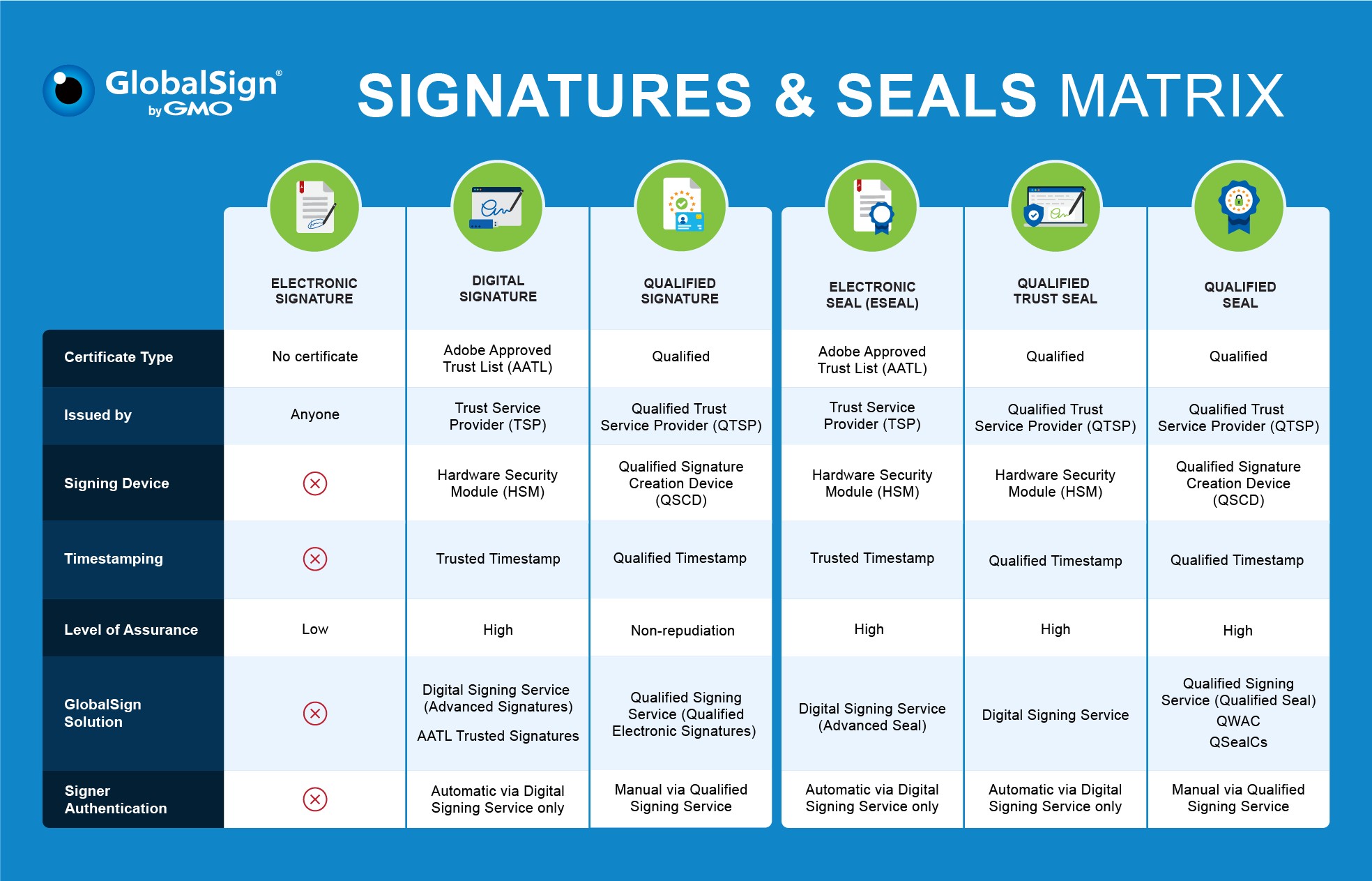The financial sector has experienced unprecedented changes driven by financial technology (fintech) and innovation. This transformative shift towards digitization has significantly influenced traditional workflows - fostering enhanced efficiency, increased accessibility, and the development of new innovative business models.
Within this sector, the growing demand for online interaction, coupled with ever increasing technological advancements, mean that electronic execution is at once both more widely available and also subject to closer scrutiny. In the context of securing internal documents, adherence to best practices becomes crucial as a heightened focus on ensuring continued security becomes paramount.
1. Digital Transformation of Document Processes
Banks and financial institutions hold a large amount of personal and financial information about their customers, emphasizing the importance of controlled access. The stakeholders and contacts involved in managing this information can be categorized into internal processes (Bank & Archive) and external interactions (B2B signing).
Internal Stakeholders and Contacts
1. Processes (Organization & Archive)
- Internal Processes: Internal staff involved in various financing processes, such as account management, transactions, and customer interactions, that have access to customer data.
- Archival Processes: Employees responsible for document storage, retrieval, and archival must adhere to strict protocols to ensure the security and integrity of stored information.
2. Internal B2E (Employee to Employee)
- Employee Collaboration: Internal communication and collaboration involve the sharing of information among employees. Access permissions should be strictly controlled to prevent unauthorized exposure of sensitive data.
- Human Resources: HR departments handle personal and financial information of employees. Strict access controls are crucial to protect employee privacy.
External Stakeholders & Contacts
1. B2B Signing
- External Business Partners: In the context of B2B signing, external stakeholders such as business partners, vendors, or other financial institutions may be involved in transactions that require access to specific financial data. Secure mechanisms for B2B document signing are crucial to maintain data confidentiality.
- Contractual Agreements: Legal and compliance teams may engage in B2B signing for contractual agreements. This involves the secure exchange of sensitive information, emphasizing the need for encryption and authentication measures.
2. Acceleration of Business Processes - Unleashing Operational Agility
Inline with the acceleration of business processes - agility and speed are vital. Electronic signatures have emerged as a catalyst, propelling organizations into a new era of efficiency and real-time collaboration. This shift offers numerous advantages, including improved efficiency, faster decision making, heightened security, streamlined workflows, and enhanced document control.
Faster decision-making - With electronic signatures, decision-makers can swiftly review and approve documents without the constraints of traditional paper-based processes. This acceleration in decision-making translates to reduced turnaround times for critical agreements and transactions.
Operational efficiency - The transition to electronic signatures streamlines operational workflows. Tasks that once consumed valuable time can now be accomplished with a few clicks, freeing up resources and enhancing overall operational efficiency. This is of particular importance automatically generated documents such as invoices, statements and sensitive documents.
Real-time Collaboration: Anytime, Anywhere
One of the most transformative aspects of electronic signatures is their ability to facilitate real-time collaboration among stakeholders, irrespective of geographical distances.
Simultaneous Review and Approval - Teams no longer need to wait for physical signatures or gather in a single location. Electronic signatures empower multiple stakeholders to review and sign documents simultaneously, enhancing collaboration and reducing delays.
Global Accessibility - Organizations today operate on a global scale, and electronic signatures align seamlessly with this reality. Whether across time zones or continents, stakeholders can contribute to the signing process in real-time, fostering a collaborative environment.
Document Control: Redefining Version Control and Audit Trails
In the ever-evolving realm of financial services, accuracy and accountability are critical.
Electronic signature solutions introduce automation to document workflows, guiding them through predefined processes. This reduces manual intervention, minimizes the risk of errors, and accelerates the entire document handling journey.
Seamless integration with collaboration tools further streamlines communication during document preparation and signing phases. The result is improved efficiency and a more collaborative business environment.
Navigating Legal Landscapes
In the intricate world of legal and compliance standards, electronic signature solutions ensure an alignment with regulations that govern electronic transactions, including the eIDAS regulation (Electronic Identification, Authentication and Trust Services) which has played a pivotal role in establishing a comprehensive legal framework for electronic signatures, seals, timestamps, and electronic documents within the European Union.
Within the context of eIDAS, qualified electronic signatures (QES) and qualified electronic seals are significant components that hold specific legal importance. Qualified electronic signatures and seals under eIDAS represent the pinnacle of electronic authentication methods, ensuring the highest levels of security, integrity, and legal acceptance. Their specific requirements and characteristics contribute to the overall goal of creating a harmonized and secure digital environment within the European Union, fostering confidence in electronic transactions and interactions across borders.
Compliance demands a comprehensive approach. A holistic electronic signature solution becomes imperative, addressing every aspect of legal and compliance relevance. From ensuring the authenticity of signatures to obtaining informed consent and preserving the integrity of documents, every detail is meticulously covered.
This eliminates legal uncertainties, resulting in a robust framework that not only meets but exceeds the expectations of legal and compliance standards. In the realm of electronic signatures, professionalism meets precision, establishing a foundation of trust that is as legally valid as well as technologically advanced.
The Role of Digital Signing Solutions
Digital signing solutions provide a seamless and secure solution for the creation, signing, and management of electronic documents. They are instrumental in reducing paperwork, enhancing collaboration, ensuring compliance, and expediting business processes.
Furthermore, digital signing solutions employ cryptographic timestamps to record the exact date and time when a signature is applied. This timestamp is securely embedded in the digital signature, providing an immutable record of when the document was signed.

Digital signing solutions have emerged as indispensable tools, and represent a significant shift in how information flows inside an organization, promoting efficiency, collaboration, compliance, and agility.
Embracing the Future of Business within Financial Services
Electronic signatures are not just a technological convenience; they are a strategic imperative for organizations seeking to thrive in a dynamic and interconnected world. The acceleration of business processes and the ability to collaborate in real time mark a paradigm shift towards a more agile and responsive organizational landscape.
As you navigate the demands of a rapidly evolving business environment, consider the transformative power of electronic signatures. It's not just about signing documents; it's about redefining how business moves forward in the digital age.
Digital Signing Services offer a myriad of businesses to foster digital transformation by providing a secure, efficient, and legally valid means to sign documents and facilitate collaboration on a global scale, making them indispensable for organizations across the financial sector that are aiming to enhance security and streamline operations.
Talk to our team about signing solutions today
If you would like to learn more about innovations on the horizon and how digitalization is driving the adoption of electronic signature services in both the EU and UK, read GlobalSign's eBook.








